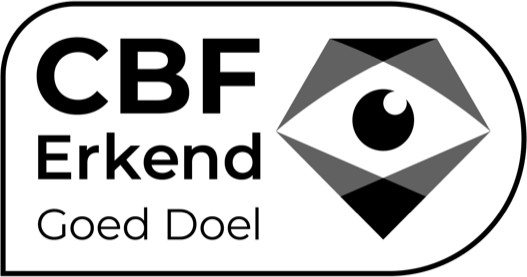How much does it take? Research uncovers farm milk’s protective force
Farm milk can protect young children from getting asthma. Prof.dr. Erika von Mutius (Ludwig-Maximilians University, Germany) leads a unique research with children. She is eager to show how the protection works and help create protective milk products. ‘Despite the set backs, I am blown away by the progress I see.’
‘The human body has multiple levels of protection. And many beautiful and clever ways of doing things,’ Erika von Mutius says. ‘I feel we should learn more of these natural processes in stead of trying to control them.’ And exactly this is what von Mutius is doing in the Asthma Prevention Consortium.
Von Mutius leads a unique clinical trial to find out how the consumption of farm milk prevents allergies and viral infections in young children. This is relevant for the prevention of asthma too, because allergies and viral infections often lead to asthma later in life. Due to a clever set up and close collaboration with other consortium researchers, the trial will shed light on how, on a cellular, molecular and genetic level protection is achieved. Also, the study will help to design a test to predict which children benefit and which need additional preventive treatment. ‘Several researchers work parallel on all of these questions. This is one of the reasons the consortium accelerates research.’
Hide from the rain
Decades ago, the medical consensus was that to prevent allergies you needed to prevent exposure to allergic substances. Von Mutius has always found that odd. ‘First, it is not practical. It is like hiding from something as common as rain. You can do that only for so long. Second, human kind has come so far without hiding from allergic substances, so hiding does not seem plausible.’
Active process
Von Mutius’ reasoning was confirmed by earlier research that showed that children growing up on small diary farms had lower risk to develop asthma. One of the causes was the consumption of raw cow’s milk. ‘In earlier studies, overall we have shown that tolerance is an active process: the immune system must develop it. And exposure is its fuel. But more exposure does not equal more tolerance. It can even be harmful.’
Therefore, Von Mutius set up a trial to find out how much consumption is needed for protection againts allergies and viral infection, for what lenght of time and with what kind of milk product. ‘Raw milk can make children very sick, because of pathogenetic bacteria. So we pasteurized the milk: we heated it a few seconds to kill only the pathogenetic bacteria.’ This minimally processed milk meets strict govenment regulations for baby milk. Von Mutius compares its effect to the consumption of milk with a long shelf life.
Influence of circumstances
Von Mutius: 'Due to various circumstances, such as the Covid-19 outbreak, we were not able to include the number of children we originally wanted. Still, with these numbers we can show the effect of milk on viral infections and allergies.' And thus also which children are at lower risk of developing asthma.
Blueprints
Indications are that minimally processed milk indeed minimize allergies and viral infections. And that this happens in the nose and upper respiratory tract. Von Mutius: ‘This points to biological activity in the gut, that changes the immune system. And somehow this affects the nose and upper respiratory tract.’ To confirm, researchers analyse gut microbiome in stool samples of the children: does the milk change this? And how? Also nose swaps are studied: what happens in the nose and upper respiratoryt tract? Von Mutius cannot give details on the results yet, as results are being reviewed for publication later this year. ‘One of the outcomes we hope for, is that blueprints will emerge that help identify children benefiting from our milk.’
Blown away
Despit the set backs, Von Mutius thinks the trial holds great promise. ‘I have been around research for decades. And I am blown away by the progress I see in this consortium. Working interdisciplinairily is the only sensible approach.’
Gratefull
As a researcher and pediatrician, Von Mutius has seen many children with asthma. She knows how big the impact of this is, and dreams of being able to prevent this. ‘This is why I am very gratefull for people and organisations that support the consortium. The field is moving towards preventive treatments more and more. And in the future the health and quality of life of many thousands of children will benefit.’
Text: Karin Postelmans


